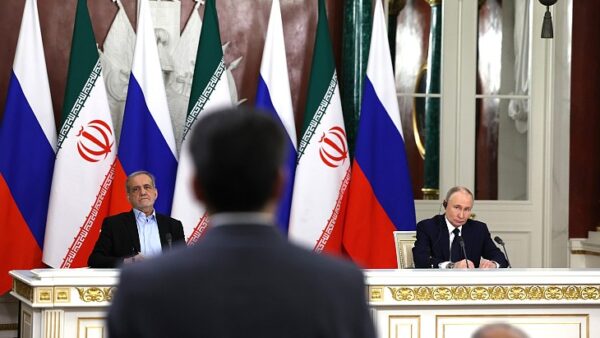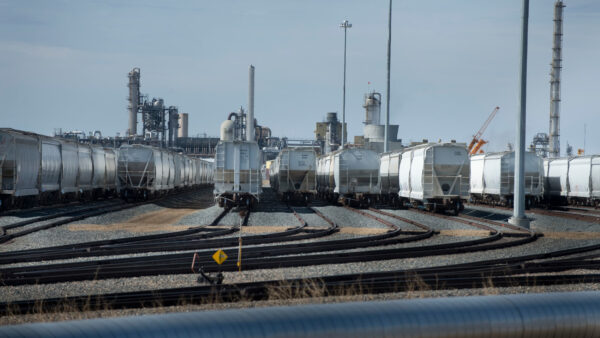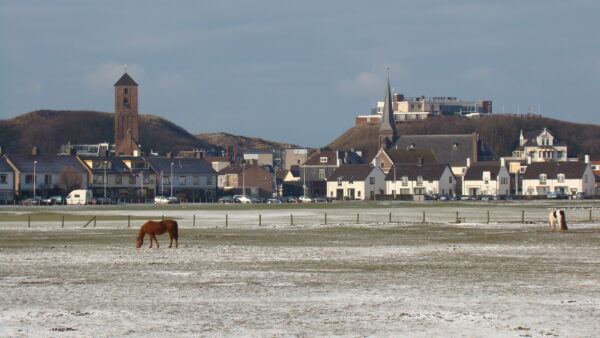Russia is to lend Egypt $25bn to build its first nuclear power station, Egypt’s official gazette has announced. The plant will be located at Dabaa, a town on the Mediterranean coast, about 100km west of Alexandria.
The loan, first announced in November last year, will cover the building of four third-generation reactors with a power output of 4.8GW.
This was a dream for Egypt, to have a peaceful nuclear programme to produce electricity. This dream was there for many years and today, God willing, we are taking the first step to make it happen– Egyptian President Sisi
Key details of the nuclear deal, which President Abdel Fattah al-Sisi has called “a dream for Egypt”, were finally revealed by the gazette last week.
The Russian finance is expected to cover 85% of the cost of construction, and the loan will be paid off over 22 years, with a 13-year grace period, at an interest rate of 3%, beginning in 2029, reports Reuters.
If all goes to plan, Rosatom, Russia’s state-owned nuclear engineer, should finish the plant in 2022.
The first electricity is expected in 2024. It is likely that by that time the power will be in great demand: Egypt is experiencing rapid growth in its population, which is expected to surpass Russia’s and Japan’s by 2050.
When the deal was signed, President Sisi appeared on television to announce it, saying: “This was a dream for Egypt, to have a peaceful nuclear programme to produce electricity. This dream was there for many years and today, God willing, we are taking the first step to make it happen.”
The Dabaa site is not expected to be the first nuclear plant in the Arab world. The UAE’s $20bn Barakah scheme, which is being built by the Korea Electric Power Corporation, is expected to bring its four reactors online between 2017 and 2020.
The largest programme will be undertaken by Saudi Arabia. The kingdom has announced plans to build 16 reactors over the next 20 years at a cost of more than $80bn, with the first expected to begin producing in 2022. It projects an output of 17GW by 2040, alongside 40GW of solar capacity.
Photograph: Russia’s President Vladimir Putin and Egypt’s President Abdel Fattah al-Sisi meeting in August 2015 (Kremlin.ru)










